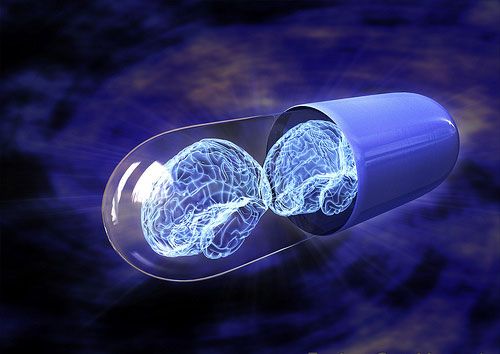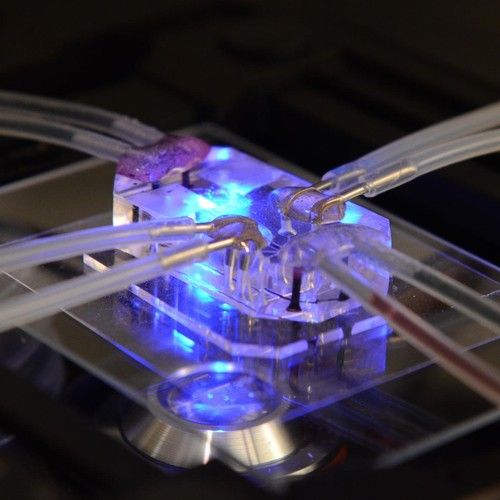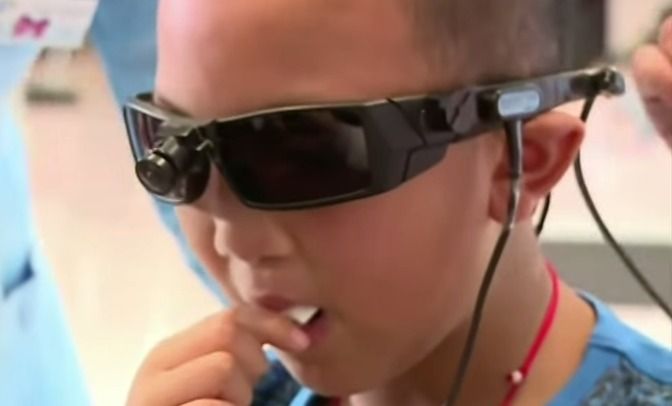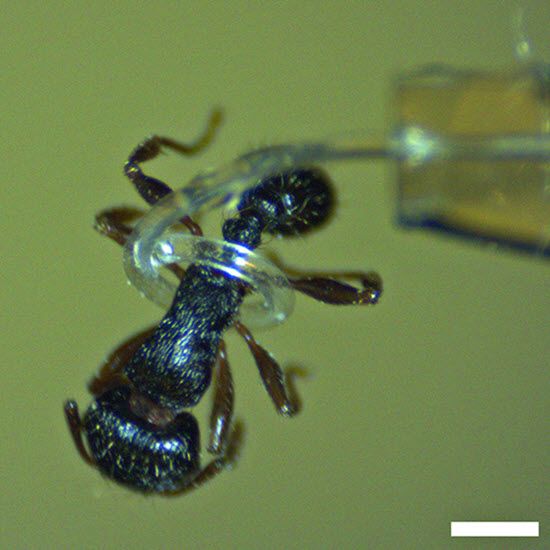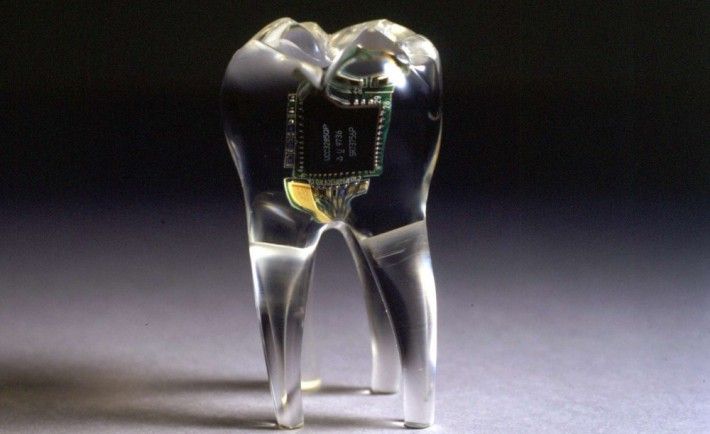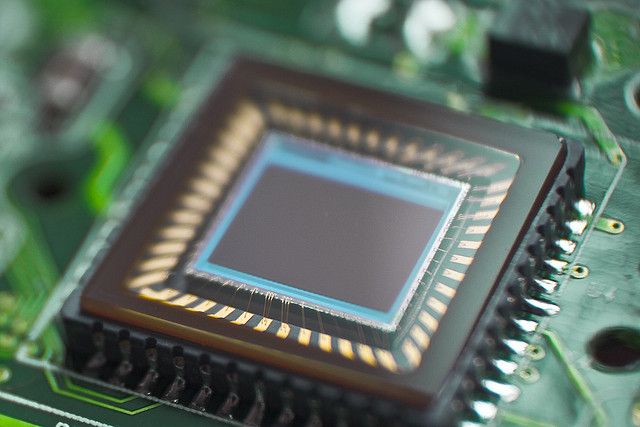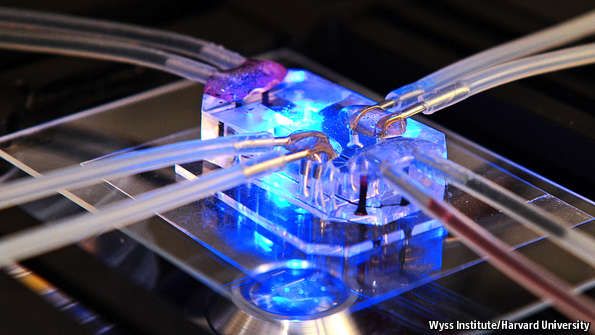Interest in Nootropics has grown exponentially over recent years within the health conscious communities and is still a trend moving upwards as I write this. Nootropics are essentially smart drugs that can be bought over the counter or online at retail prices below $50. The majority of Nootropics are cognitive enhancers, that is they are…
